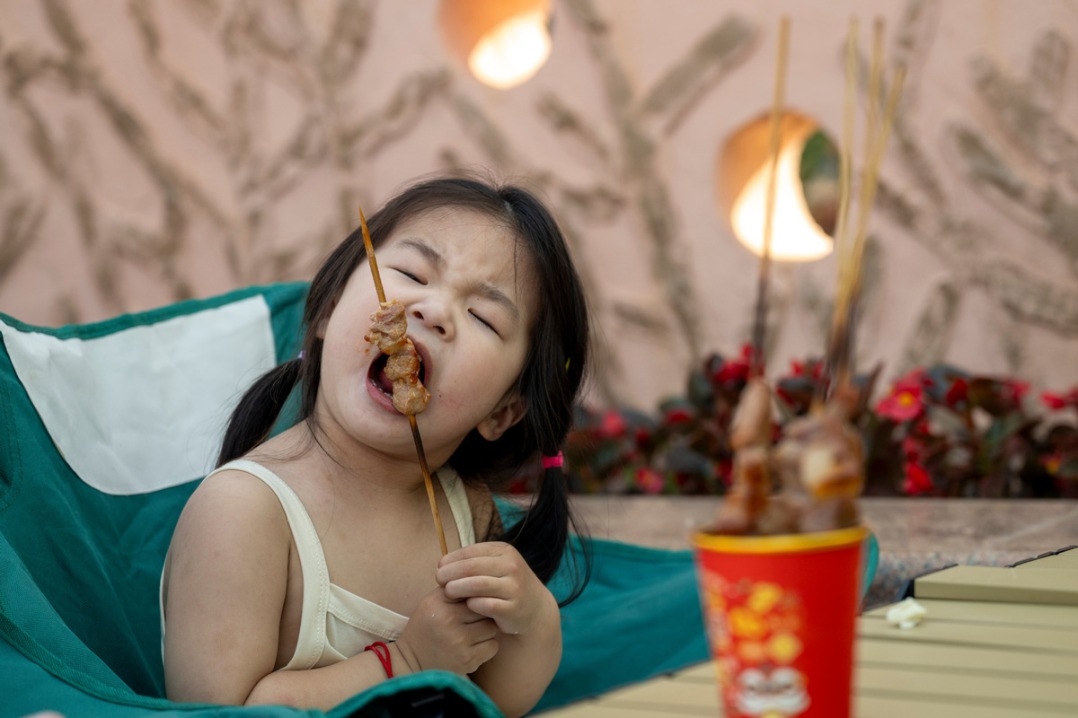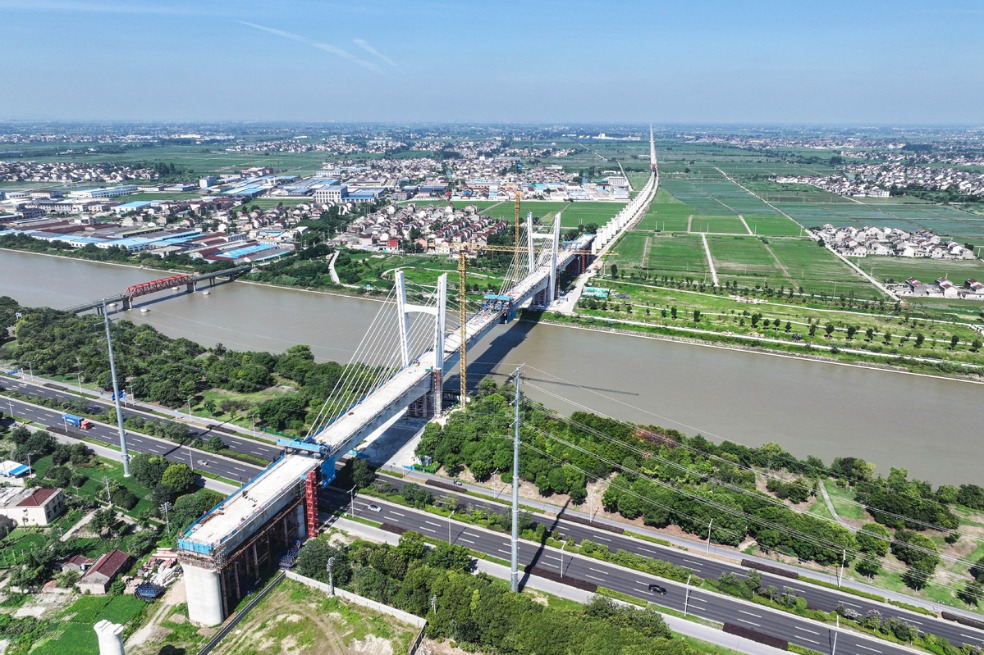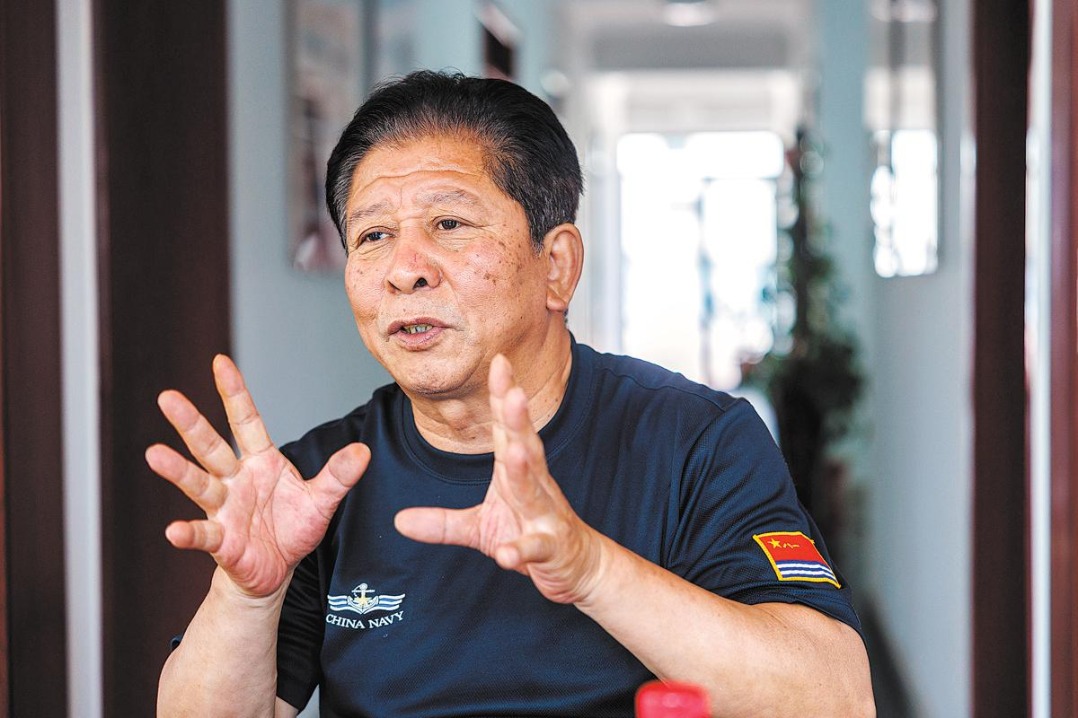Tianjin issues fees standard for organ procurement, donation

The Tianjin Health Commission recently issued a document about the fee standards for obtaining donated human organs to bring more transparency to the life-saving medical procedure.
In this regulation, organ procurement refers to the entire process conducted by the Organ Procurement Organization, or OPO, in accordance with the legal procedures for organ donation and procurement, following the standard process and technical specifications for organ procurement. This process includes organ assessment, maintenance, procurement, preservation, preparation, allocation and transportation, among other pre-transplant related work.
It said the operation of OPO should adhere to the principles of public welfare and non-profit, and the formulation of fee standards should be based on cost reimbursement, taking into account the resource consumption, technical labor value and affordability for the public during the procurement process.
Direct costs of donated organ procurement mainly include those related to the donors, the procurement and donors' family members.
Those include assessing the donors' physical condition, retaining the donors' tissue samples, inspecting and evaluating the organ's function, as well as storing and transporting the organ. They also cover transportation, accommodation, lost wages and subsidies for the family members of organ donors during the legal process of organ donation.
As part of the fee list, obtaining a donated liver costs 250,000 yuan ($34,500), a kidney at 200,000 yuan, a heart at 80,000 yuan and a cornea at 12,000 yuan, according to the document.
The document also states that the fees for obtaining donated organs are collected by hospitals that perform transplant surgeries using donated organs. It should include all the fees for obtaining donated organs in the hospital's financial management and prohibit any off-the-books transfers.
Hospitals that complete transplantation should promptly pay the OPO the collected organ procurement fees. Upon receiving the organ procurement fees, the OPO should, according to the following rules, distribute procurement-related costs to the hospitals where the organ donor or potential donor is located, the Red Cross Society of China and other relevant service entities, as well as to the families of the donors.
The standards aim to standardize the management of fees for obtaining donated human organs, improve the accessibility of organ transplantation services and uphold the public welfare nature of human organ donation in accordance with related laws and regulations, it said.
It will take effect on Feb 1 and remain valid for two years.
- Iconic Belgian music festival to make China debut
- Taiwan youth urged for more participation
- China issues first national heat-health risk warning
- Experimental satellite launched from Xichang center
- National health body to crack down on malpractices in medical aesthetics industry
- Scientists create the most detailed 3D map of a mouse brain






































